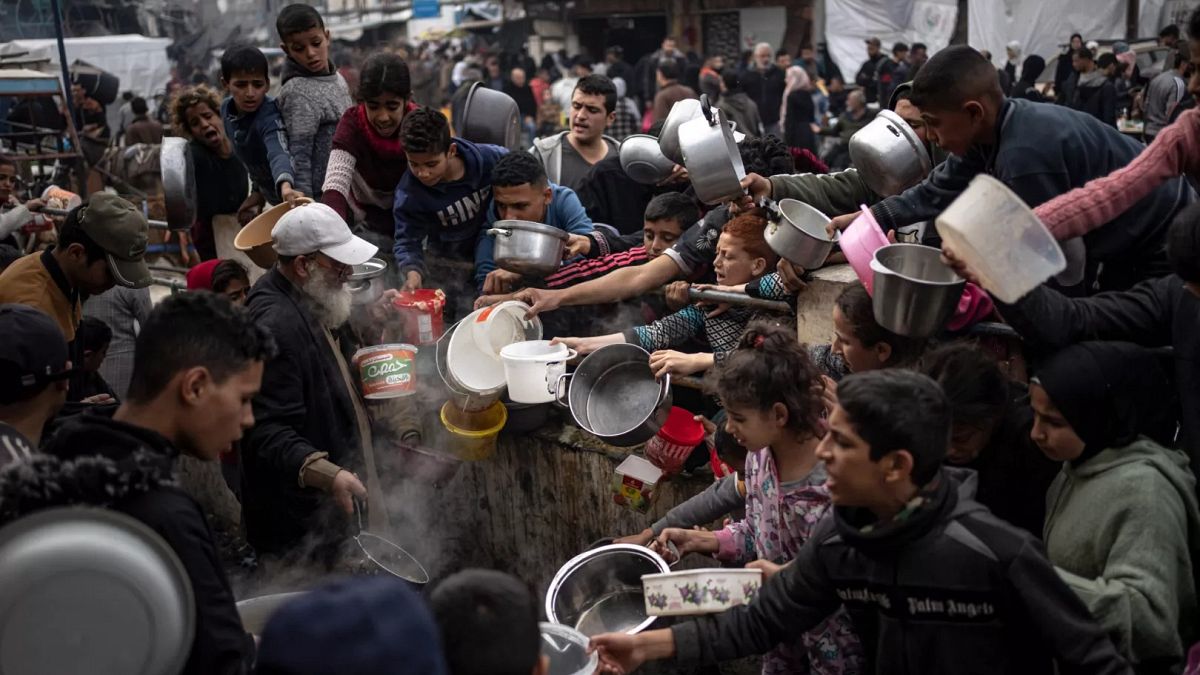

In recent days, the global stage has been bustling with crucial diplomatic engagements, as countries confront a myriad of issues ranging from humanitarian concerns to complex trade negotiations. At the heart of these discussions are the endeavors of France, Germany, the United Kingdom, and the broader European community, each taking deliberate steps towards fostering peaceful resolutions and expansive cooperation.
One significant development is the advocacy by France, Germany, and the United Kingdom urging Israel to enhance humanitarian aid delivery to Gaza. This call comes in the wake of French President Emmanuel Macron’s decisive step to recognize Palestinian statehood formally. The recognition aims to rekindle the prospects of a long-dormant two-state solution, a move that has elicited varied reactions on the international front. While met with criticism from the United States and Israel, this initiative is embraced by several European and Arab leaders. It signifies a potential shift in European diplomatic posture, as allies are encouraged to adopt a unified stance on Palestine’s future.
Simultaneously, efforts to address longstanding nuclear concerns are unfolding with renewed vigor. After discussions in Istanbul failed to yield a definitive breakthrough, Iran and the E3 nations—comprising France, Germany, and the United Kingdom—agreed to resume talks. The focus remains on Tehran’s cooperation with the International Atomic Energy Agency (IAEA) and the reduction of its enriched uranium stockpile. Notably, the “snapback” mechanism ensures there remains a pathway for imposing international sanctions should cooperative efforts stall, thus maintaining a constructive yet cautious approach to diplomacy.
Beyond these political dialogues, economic discourse is on the agenda, with the European Union and the United States advancing towards a new trade agreement. Ursula von der Leyen, President of the European Commission, is scheduled to meet U.S. President Donald Trump in Scotland, signifying potential progress. The prospects of this agreement, underscored by Trump’s moderate optimism, highlight the ongoing efforts to strengthen transatlantic ties. Amid these negotiations, there remains an air of anticipation, as Europe and the U.S. navigate complex trade dynamics with care and collaboration.
Meanwhile, Ukraine experiences a domestic shift influenced by civic engagement. President Volodymyr Zelenskyy recently credited widespread Ukrainian protests for prompting a reversal on an anti-corruption bill. This change underscores the power of public dialogue and participation in shaping national policies, reaffirming Ukraine’s ongoing commitment to European integration efforts. Zelenskyy emphasized the importance of unity and communication, fostering an environment where citizens’ voices actively contribute to governance.
Collectively, these developments paint a picture of an international community grappling with intricate issues yet committed to dialogue and shared solutions. Whether through humanitarian aid, nuclear negotiations, trade discussions, or national policy reforms, the undercurrent of cooperation and understanding continues to pave the way for optimistic futures.
Source: {link}
